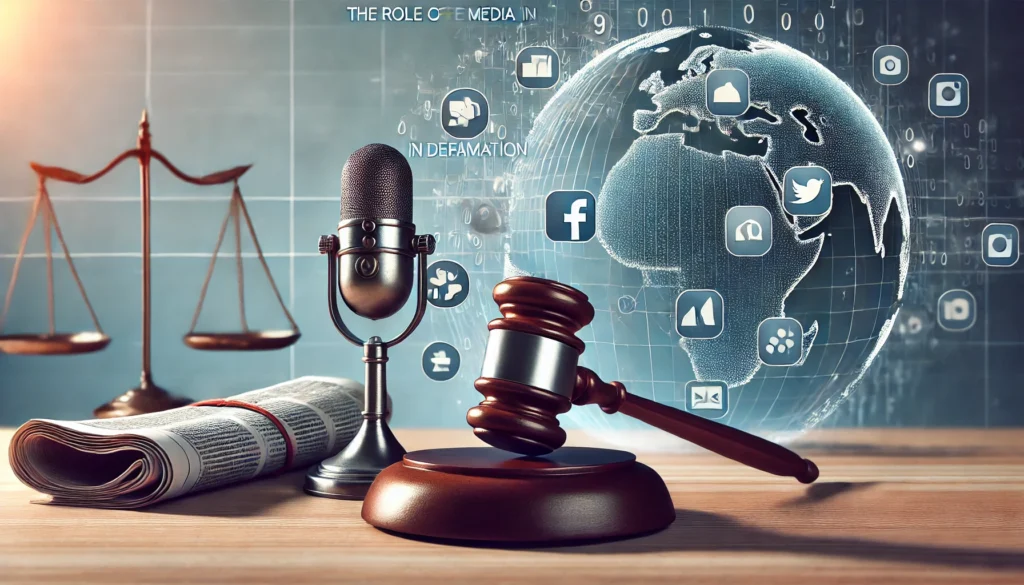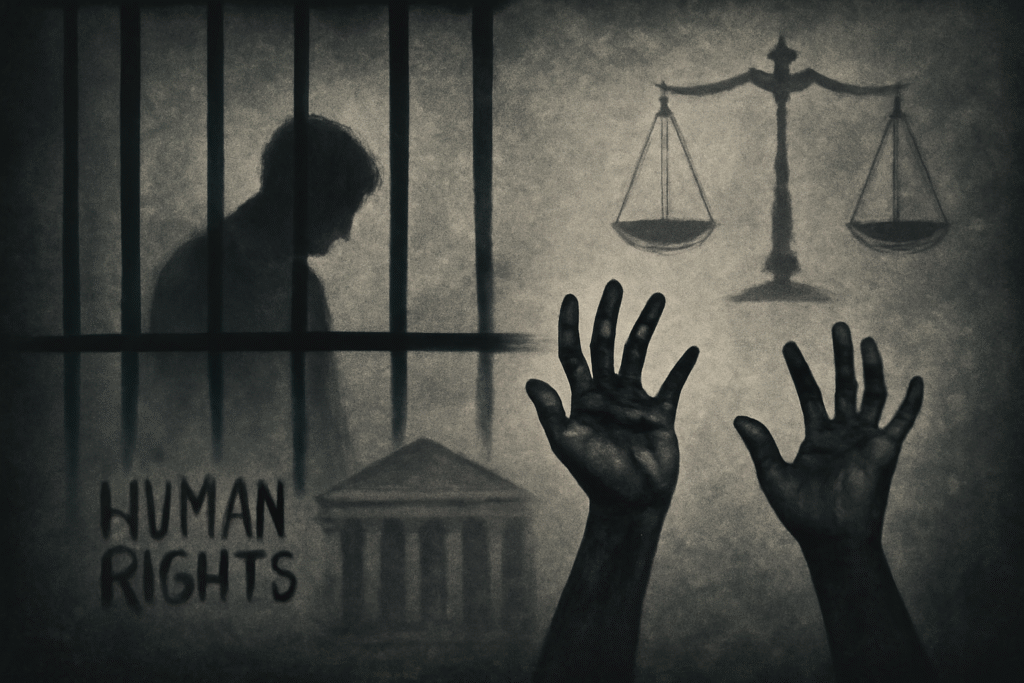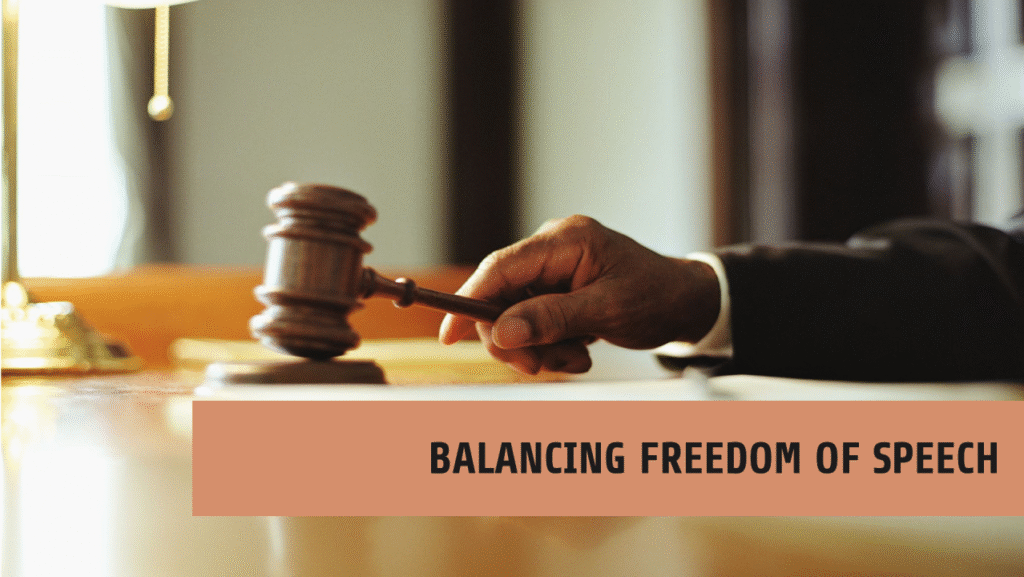Published on: 14th October 2025
Authored by: Nishi Joshi
Campus Law Centre, Faculty of Law, University of Delhi
Behind India’s soaring prison walls, a ghost population awaits — not convicted, nor acquitted, only waiting. These are the undertrial prisoners, persons accused of offenses but not established as guilty. For most, denied justice is justice denied because it is delayed for so long. In a country that boasts about the rule of law, this undertrial prisoner scenario raises a haunting question: Are we punishing persons without proving them guilty?
Who Are Undertrial Prisoners?
The undertrial prisoners are individuals with a charge of an offence and under trial. They have not been convicted by a court. According to recently published data by the NCRB, more than 75% of India’s prison population comprises undertrial prisoners. In other words, out of every four individuals in prison, three are not criminals—rather, they are individuals awaiting justice.
It’s this statistic that reveals a systemic issue in action: accessible and timely justice is failing. The majority of these undertrials are from the Scheduled Caste (SC), Scheduled Tribe (ST), Muslim, and other backward communities. These marginalized communities don’t even have an idea about what their rights are or how to defend themselves, and they don’t have enough money to afford legal aid.
Why Are There So Many Undertrials?
The reason for this large number of undertrial prisoners is that there are a variety of factors:
- Judicial Delays: Indian judiciary is subjected to an enormous backlog of cases that is one of the causes behind a large number of undertrial prisoners. There were more than 4.5 crore cases pending in Indian courts as of 2023. Trials take years, in some cases even decades, to conclude.
- Lack of Legal Representation: Most of the people detained as undertrials are poor and thus cannot afford legal representation. Although legal aid is accorded the rank of a constitutional right by Article 39A, in practice, it is not satisfactory, and most people who require these services are denied them.
- Police Procedures: Delay in investigation, delayed filing of charge-sheets, and misuse of preventive detention laws only aggravate the issue.
- Bail Issues: Bail to most undertrials is merely a legal entitlement, yet in actual practice, it is quite a luxury. The courts levy a safety that is unaffordable for the accused. In certain cases, even when bail is allowed, individuals remain in prison due to inability to provide the requisite bond.
Constitutional and Legal Rights of Undertrial Prisoners
The Indian Constitution explicitly grants several basic rights to undertrial prisoners:
- Article 21: Right to protection of life and liberty, including the right to a speedy trial (as held in the case of Hussainara Khatoon v. State of Bihar, 1979).
- Article 22(1): Right to be informed about reasons for an arrest and to speak with an attorney.
- Sec. 479 of the BNSS: Sec. 479 of the Bharatiya Nagarik Suraksha Sanhita (BNSS) addresses the longest duration an undertrial prisoner (UTP) remains with the jurisdiction of law before they are released on bond or bail. Essentially, it mandates UTPs’ release on bail or bond once they have been detained for some duration, subject to whether they have previously committed an offense or not. With the same token, the legislation protects the interest of an offender with a first offense, as it releases them on bail or bond based on their status.
However, these rights are often not exercised or simply ignored. In practice, procedural violations, inadequate legal assistance, and a slow judicial process in fact function as an obstacle to these guarantees.
Landmark Judgments and Legal Interventions
The Indian judiciary has always been conscious about the ordeal faced by the arrested prisoners waiting for trial:
- Hussainara Khatoon v. The State of Bihar (1979): It is a landmark PIL that was responsible for making the world aware of undertrials in Bihar. The Supreme Court referred to the fact that a right to a speedy trial is a fundamental right under Article 21 of the Constitution.
- Bhim Singh v. Union of India (1985): The reasonableness, fairness, and justifiability of the procedure were at the heart of the judgment. The Court was critical on the question of lengthy custody without a fair trial.
- Re-Inhuman Conditions in 1382 Prisons (2016): The Supreme Court suo motu, dealt with inhuman conditions prevailing in prisons and tasked the mechanism for periodic inspection of the prisons, especially for undertrials.
- Satender Kumar Antil v. CBI (2022): The Court gave some key directions for avoiding unnecessary arrests of an accused as well as made bail issuance in deserving cases quicker and less hindering.
However, such judgments have not had much impact in real terms because the gap between the law and reality continues to increase repeatedly.
The Psychological and Social Cost
Undoubtedly, undertrial prisoners suffer not only physical but also mental and social injury. Being in prison, even in case an innocent person is later acquitted, leaves behind permanent scars. Many not only lose employment but also families and social lives. Children belonging to undertrials tend to drop out from schools. Women undertrials, particularly, have to face exclusion and segregation, that is, disassociation with children and denial of healthcare and legal support.
The stigma for having been charged with a crime is hard to erase and may linger with an individual even once they have been acquitted. A mere accusation is enough to already imply guilt in the eyes of society.
Real-Life Stories: Justice Delayed, Lives Destroyed
According to a recent judgment at a Dehradun fast-track court, all three men who have been detained on fabricated charges of rape — Khurshid Ahmed, Sattar Khan, and Mohd Shahid — have been acquitted of the charge. In a finding made by a court, the woman and Khurshid had sexual relations by consent till he did not agree to divorce his wife, and some members of her family framed the boys with a humiliating POCSO case to force him to agree to get divorced. The court released them, finding absolutely nothing against them.[1]
The Patiala House Court in Delhi, in whose courtroom heard the case involving the 20-year-old boy, passed on 15th April 2024 an order for bail to release him from the POCSO offense with which he was accused after spending almost three years in jail. The court noted there was no corroborative evidence against the accused other than the evidence by the alleged victim.[2]
These are not temporary cases. They indicate a trend in which due process is a penalty.
The Way Forward: Reforms Needed
We have to find a way to escape from the issue of undertrial incarceration, and this involves a number of tasks to be fulfilled:
- Judicial Reforms: The number of judges in a court of law should be increased, and fast-track courts to be used to clear the backlog of cases.
- Bail Reforms: There should be a shift in the bail policy where bail as a norm replaces jail as an exception which is further extended to non-violent crimes only. The accused party’s economic position is a factor that courts should consider whilst giving bail conditions.
- Legal Aid Strengthening: The accessibility and quality of legal aid should be enhanced. Public defenders also need good training and proper compensation.
- Technology Use: The courts should deploy the technology of video conferencing, e-filing, and AI-based case tracking to have the cases dealt with speedily.
- Monitoring Mechanisms: It is strongly suggested that the concerned governments put in place independent prison oversight bodies to watch and inspect jail conditions and the undertrial data at specified intervals.
- Awareness Campaigns: Knowledge and awareness about their legal rights need to be imparted to the prisoners through legal literacy programs carried out inside the jails.
- Rehabilitation Schemes: Rehabilitation is very important for the acquitted, and one of the form of rehabilitation should be building skills, counselling, and financial aid to the patients who have won and been declared not guilty in the court.
Conclusion: Justice Shouldn’t Wait Behind Bars
In India, the undertrial prisoners issue is a glaring mismatch with the democratic nature of the country. The people who should be given the benefit of the doubt, they are treated as guilty. It is also a societal and a moral problem, not just a legal one.
Just like the saying goes, “If justice is postponed, then it is denied,” for the undertrial prisoner, it is not merely a delay- it is most likely to be a half-hearted effort if it happens at all.
As the lawyers, the lawmakers, and the voters of the future, we have to be the ones to introduce the changes that will make sure that no inmates are left behind. The undertrials’ rights are not something they receive as a favour – these are protections that are given to them by the Constitution. Therefore, the time has come that we insist on their rights.
[1] Pankul Sharma, ‘Rape case fabricated, 3 get court relief after 4 years in jail’ The Times Of India (10 February 2025) https://timesofindia.indiatimes.com/india/rape-case-fabricated-3-get-court-relief-after-4-years-in-jail/articleshow/118098142.cms
[2] ‘20-Year-Old Boy Granted Bail In Alleged False Rape Case After Spending Nearly Three Years In Jail’ Voice For Men India (9 May 2024) https://voiceformenindia.com/read-order-pocso-20-year-old-boy-granted-bail-in-alleged-false-rape-case-after-spending-nearly-three-years-in-jail/



